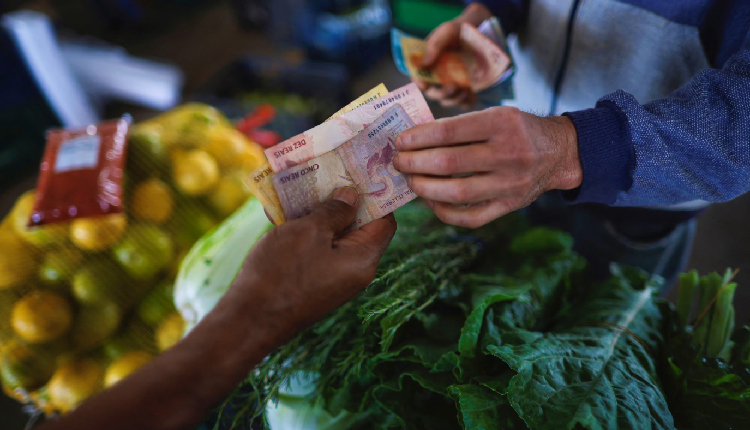Brazil’s consumer inflation is expected to increase significantly in May due to recent floods in the south disrupting food production and logistics, according to a Reuters poll published on Monday.
The median estimates from 23 economists polled between June 5th and 10th predict a monthly price increase of 0.42 per cent in May, compared to 0.38 per cent in April.
Annual inflation is also forecast to rise to 3.89 per cent, further deviating from the central bank’s official target range of 3 per cent +/- 1.5 percentage points. However, analysts believe this deviation is likely temporary.
The May data will likely reflect the initial impact of the floods, particularly on food prices, noted UBS analysts in a report. While food-at-home inflation might slow down slightly on a monthly basis, it could accelerate year-on-year to 2.9 per cent from 2.6 per cent.
Despite concerns, the report predicts food inflation to peak at four per cent in June before gradually declining to 3.4 per cent in August and 3.1 per cent by year-end.
Analysts believe most of the food price increases in May and June will be temporary and will revert in the coming months.
In response to the floods, the Brazilian government has taken steps to prevent further price hikes. This includes a recent auction where 263,370 metric tons of imported rice were purchased, a rare move aimed at stabilising rice prices.
While preliminary data suggests that food inflation from the floods may be less severe than initially feared, economists and central bank officials remain concerned about longer-term trends.
Rising inflation expectations, fueled by a strong job market, fiscal concerns, and differing views among policymakers at the Banco Central do Brasil (BCB), pose a significant challenge.
Brazil’s economy grew 2.5 per cent year-on-year in the first quarter, rebounding from a sluggish second half of 2023. The recent inflation pressures add to the complex economic landscape facing the Brazilian government and central bank.


